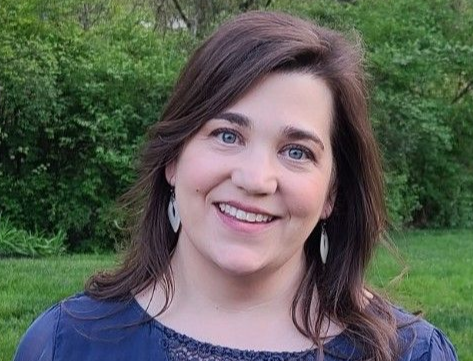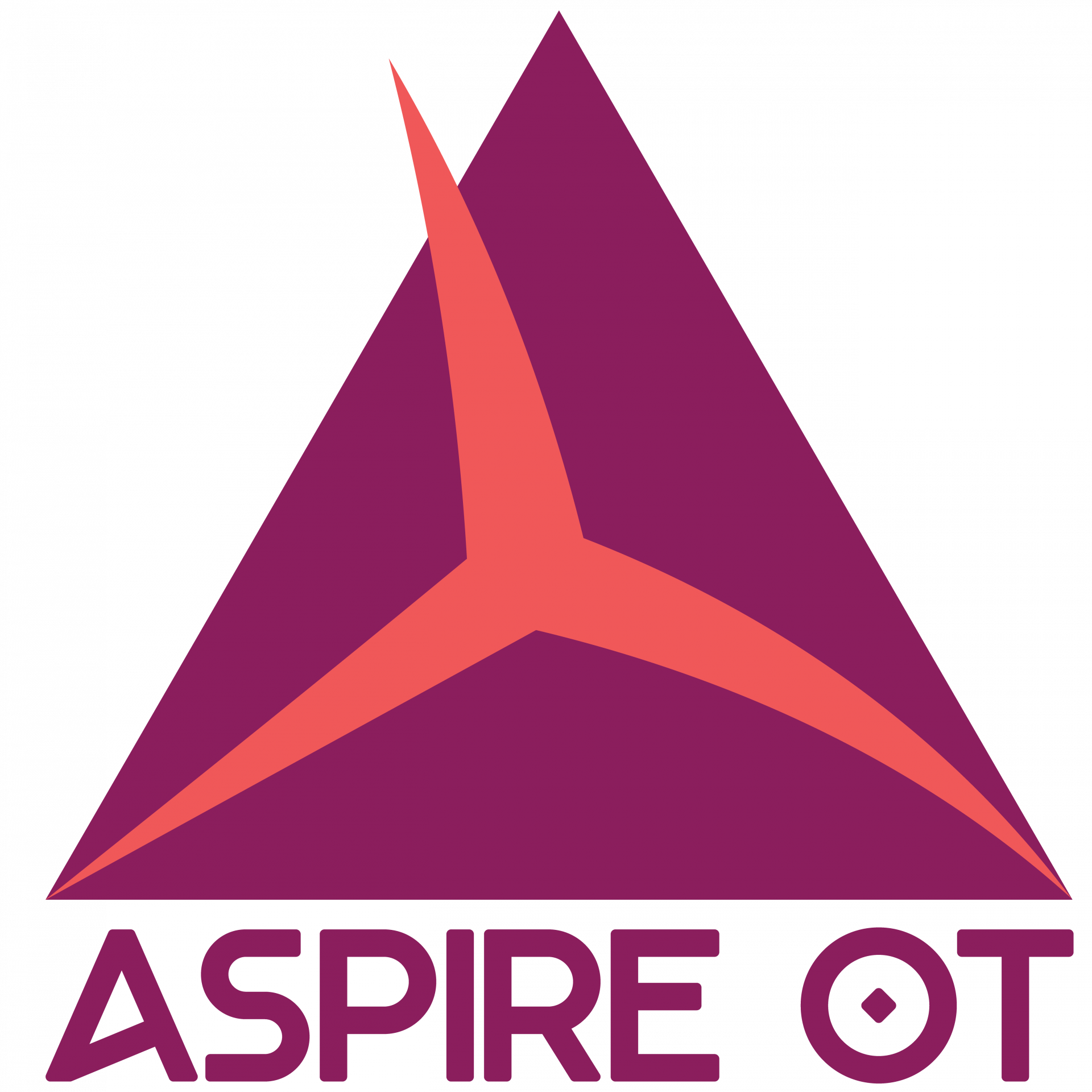
Kim and I have really been reflecting on the process of co-authoring the AOTA new position statement for the “Role of Occupational Therapy and Pain Management”. It was quite a process. She and I spent time advocating that the document was needed for our profession and then we were very grateful when we were asked to co-author it. We also spent time gathering 5 really fantastic contributing authors, but one of the perspectives that I’ve been thinking about is being an occupational therapy assistant.
As an OTA, I was able to co-author a position statement for AOTA. It’s very exciting, but not just for me. I think it is for all occupational therapy assistants. As an OTA, I was able to bring a different perspective maybe than an occupational therapist because my focus as an OTA is on treatment. One of the sections of the statement that I had a large hand in writing focused on treatment. I enjoyed really taking a look at the new Occupational Therapy Practice Framework, 4th Ed. and how I could take the evidence that was out there for the treatments then apply them according to the framework. I looked at treatments for addressing pain, training to pain self-management, and using the biopsychosocial approach and determined how those fit into the OTPF-4. The other focus then became how those treatments could be presented in a way that would allow for OT practitioners to really take it to practice.
My perspective as an occupational therapy assistant helped me through that process to make it more applicable. It is important and it needs to be talked about. It’s not that I'm special or I'm the only OTA that could have done it. I am talking about the value that OTAs bring to our profession no matter the project or work that is being done.
My perspective as an occupational therapy assistant helped me through that process to make it more applicable. It is important and it needs to be talked about. It’s not that I'm special or I'm the only OTA that could have done it. I am talking about the value that OTAs bring to our profession no matter the project or work that is being done.
We need to have more occupational therapy assistants serving on committees at our state and national level. We need to have more OTAs contributing to documents like the position statement because it's going to take all of us for occupational therapy to continue to be powerful and to grow our influence as a profession. Having more OTAs involved takes a lot of factors. Occupational therapy assistants need to feel empowered as a volunteer, at their job, or to step up and say I can help with that document. It also takes others supporting us.
It takes our profession thinking about how we use our language. When occupational therapists and occupational therapy assistants present, write, or even while on the job we need to use inclusive language to talk about OT practitioners instead of just saying OT when what we really mean are OTs and OTAs. Occupational therapy assistants are so valuable to our profession. OTAs have that distinct perspective on treatment. We know that oftentimes OTAs are a more diverse population than occupational therapists. Diversity is needed everywhere.
If you are an OTA, please think about what can empower you. How can you get outside your comfort zone to make your voice heard? I am always happy to support any occupational therapy assistants in that journey. If you are not an OTA, I challenge you to consider how can you be a champion to step up and encourage occupational therapy assistants in our profession.
To read “Occupational Therapy’s Role in Pain Management”. https://research.aota.org/ajot/article/75/Supplement_3/7513410010/23131/Role-of-Occupational-Therapy-in-Pain-Management
Written by
Niccole Rowe, Occupational Therapy Assistant, Continuing Education Instructor, Coach, Founding Partner
To read “Occupational Therapy’s Role in Pain Management”. https://research.aota.org/ajot/article/75/Supplement_3/7513410010/23131/Role-of-Occupational-Therapy-in-Pain-Management
Written by
Niccole Rowe, Occupational Therapy Assistant, Continuing Education Instructor, Coach, Founding Partner
Occupational Therapy Pain Management Courses Created
Just for OT℠
Don't Miss A Thing!
Follow us on social media to stay up to date on all of our latest postings.
Write your awesome label here.
Coaching, JUST for OT Practitioners
As OT practitioners, we face a lot of challenges. Trying to juggle patient care, documentation, productivity and professional development can be a struggle. It is easy to lose sight of our “Big OT Dream”.
Aspire OT Coaching is here to help you navigate the challenges and develop strategies to achieve your goals as an OT practitioner.

